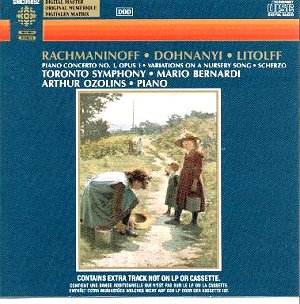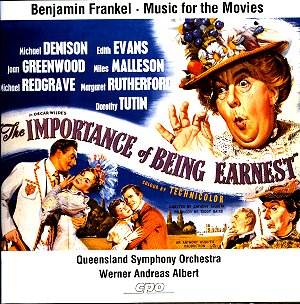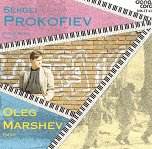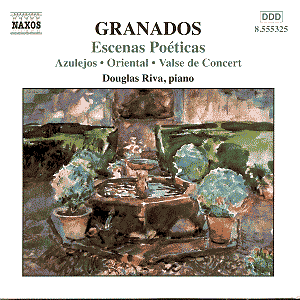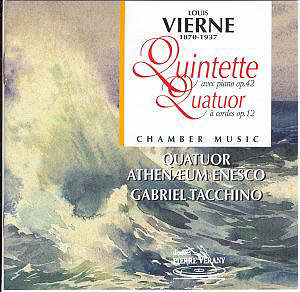 Composer: Louis Vierne
Composer: Louis Vierne
Works: Quintet for Piano and Strings, Op. 42; String Quartet, Op. 12
Performers: Athenaeum Enesco String Quartet (Constantin Bogdanas & Florin Szigeti, violins; Dan Iarca, viola; Dorel Fodoreanu, cello); Gabriel Tacchino, piano
Recording: Recorded at Adyar Hall, Paris in September 1999
Label: Pierre Verany PV700011
Louis Vierne, primarily recognized for his monumental organ works, emerges through this recording as a composer of significant chamber music, revealing a profound emotional depth that resonates with contemporary listeners. The juxtaposition of the early String Quartet, Op. 12, and the later, more mature Piano Quintet, Op. 42, provides an illuminating glimpse into Vierne’s evolving compositional voice, shaped by both personal tragedy and artistic development.
The String Quartet, composed in 1894 and dedicated to the influential teacher Widor, possesses a youthful exuberance that reflects Vierne’s early style. This work unfolds in four movements, characterized by its lyrical melodies and rhythmic vitality. The opening movement showcases a genial spirit, entwining arching melodic lines with syncopated figures that imbue it with a buoyant energy. Particularly noteworthy is the slow third movement, marked ‘Andante, quasi adagio,’ where the interplay between reflective and agitated themes reveals Vierne’s nascent mastery of emotional contrast. The quartet’s performance by the Athenaeum Enesco Quartet is spirited, yet it occasionally lacks the depth that the music’s emotional undercurrents demand. The briefness of the Intermezzo, while effectively playful, could benefit from further exploration of its lighter textures. The finale, although energetic, introduces a fugue that feels somewhat tacked on, lacking the organic integration one might expect.
In stark contrast, the Piano Quintet, composed during a harrowing personal crisis, is a work of profound substance and emotional weight. Written in the wake of his son Jacques’s tragic death in World War I, this composition serves as a poignant tribute. The first movement opens with a brooding introduction for the piano, setting a somber tone that permeates the entire work. The dramatic first subject contrasts sharply with a noble second theme introduced by the cello, embodying the tension between grief and beauty. Tacchino’s piano playing here is particularly noteworthy; his nuanced dynamics and articulations enhance the drama of the music, especially in the climactic moments of the coda, where the emotional gravity is palpable.
The second movement, largely reflective, features a soulful viola solo that beautifully encapsulates the work’s introspective nature. The performance here is especially praiseworthy, with the ensemble navigating the delicate balance between tension and calm, as suggested by the liner notes. The final movement bursts forth with an urgency that mirrors the tumultuous emotions surrounding its composition, driven forward by relentless rhythms and punctuated by moments of eerie stillness. The engineering captures the piano’s robust presence without overshadowing the strings, allowing for a balanced interplay that showcases the intricacies of Vierne’s writing.
This recording stands out not only for its historical significance—bringing lesser-known chamber works of Vierne to light—but also for its compelling performances. The sound quality is commendable, with the engineering offering clarity and depth, though the piano occasionally dominates climaxes, a characteristic that can be attributed to Vierne’s own orchestration rather than any fault of the performers.
Vierne’s Piano Quintet emerges as a significant discovery, deserving of a place alongside more frequently performed chamber works. The juxtaposition of his early and late styles within this recording invites listeners to appreciate the depth of his artistic evolution. For those seeking to expand their understanding of French chamber music, this release is an enriching experience, revealing a composer whose emotional language resonates profoundly even today. The interpretative choices made by Tacchino and the Athenaeum Enesco Quartet reflect a deep engagement with Vierne’s intentions, making this recording a valuable addition to the repertoire.
